Darcy Coates’ horror novels are now part of the Sourcebooks/Poisoned Pen Press line. You can find her books in the Web Store. https://bit.ly/35Fg0ku
The partnership was recently covered in a Sourcebooks sponsored article in Publishers Weekly. Because it was sponsored by Sourcebooks, and is a shareable piece, I’m copying it here.
“Happily-Ever-After Horror: Spotlight on Darcy Coates”

Photo: Sandra Henri
Darcy Coates’s journey as a writer has been anything but easy. But with grit and determination, she went from self-published to a traditionally published author of more than 20 horror novels—many of which are USA Today bestsellers.
Seven years ago, Coates self-published her first horror e-book, “Once Returned,” a novella about a woman whose husband goes missing during a hiking trip. She followed that up by self-publishing 22 horror novels through Amazon’s Kindle Direct Publishing program. But Coates’s titles were slow to sell—that is, until 2015, when everything changed. That was the year Coates self-published The Haunting of Gillespie House. “People started to read it,” she says. “And each book I released after that sold more.”
For the next five years, Coates’s e-books, including The Folcroft Ghosts, The Haunting of Ashburn House, and The House Next Door, captured the attention of countless readers. And her signature blend of classic horror with historical fiction, sci-fi, or the supernatural gave her novels a wide readership—her fans weren’t just horror fans. The author’s following was so strong that an employee at a New Jersey Barnes & Noble contacted Coates about purchasing physical copies of her books. At that time, Coates, who lives in Australia, was creating paperbacks through a print-on-demand company. She immediately sent copies to the U.S. and then, to Coates’s delight, the books began to sell.
That led to a meeting with Sourcebooks and their recently acquired mystery imprint Poisoned Pen Press, which led to a book deal. In 2019, Poisoned Pen Press acquired the paperback rights to 25 of Coates’s novels, beginning with Voices in the Snow, which was published in January 2020 and was followed up by 15 other Darcy Coates titles through August of this year, includingThe Haunting of Gillespie House, Parasite, and Craven Manor, which the New York Journal of Books called “eerie, scary, and utterly delightful.” Today, Coates’s books are available in the adult section of most bookstores, something, Coates says, “was never possible before.”
Coates’s work has been called atmospheric horror—stories that rely on location and emotional, mental, and psychological states. Instead of focusing on action sequences and gore, Coates concentrates on feelings, specifically feelings of unease. “I’ve always preferred books that build dread and leave me warily watching the darkest corners of my room,” she says. “When I write, any gore is a byproduct of the story, not the reason for it. I’ve always wanted to capture the feeling you have when you’re outdoors at night and someone starts to tell eerie campfire stories. A special kind of dread rises up, the kind that’s both addictive and consuming.”

To create that slow-building fear, Coates often sets her stories in large, aging houses. “The building or house can grow into a personality of its own,” she says. “A looming presence that watches—or perhaps adds to—the protagonist’s struggles.”
Those protagonists tend to be in their 20s, which makes Coates’s books great for YA readers, too. “There’s a bit of magic in writing early-20s characters,” she says. “It’s a point of change in life. You’re trying to plan for your future, live on your own for the first time, and establish the friendships you’ll have as an adult. It’s full of awkwardness and self-doubt and fear, and what better time to put that person in an impossible situation, such as a house with a sinister history, or to tell them that their best friend has gone missing while hiking in a remote forest?”
Dread isn’t the only through line that connects Coates’s work. “One thread that shows up repeatedly in my books is finding home,” Coates says. “Whether home is a physical location to feel safe at, or a family, or friends who are as good as family, most of my books have a character who is searching for something and conclude with them finding it, though often not in the form they expected.”
Another commonality in the author’s books is their happy endings—something Coates describes as unexpected but necessary. “A lot of horror features flawed characters essentially being punished for their past sins,” she says. “The story serves to call them to task for their flaws and ultimately mete out punishment—usually death. While those stories can be very satisfying, they’re not what I’m most drawn to. I like to read about characters who end up in a bad situation, not necessarily through their own fault, and have to find a way to survive it. It’s their test: they must rise to it, and they must be smarter and more resourceful than they ever imagined they could be. But, as long as they keep fighting, as long as they always strive to make the best choices in their power, I believe they deserve to come out the other side. It’s valuable, I think, not just for the characters but also for readers and even myself. That ending is a palate cleanser, a reward for the stress we feel while reading— and writing—the book.”

Sponsored by Sourcebooks A version of this article appeared in the 09/14/2020 issue of Publishers Weekly under the headline: Happily-Ever-After Horror: Spotlight on Darcy Coates ALSO ON PW
